Key note speakers on 21 April
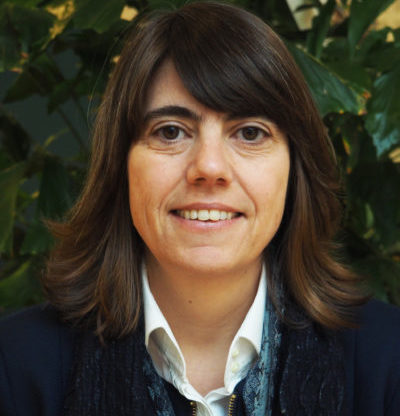
Gabriela Prata Dias is Head of the Business Models and Markets strategy at UNEP DTU Partnership and acting Head at the Copenhagen Centre on Energy Efficiency.
Previously she was at ADENE, the Portuguese National Energy Agency, where she was Coordinating Director (CEO) with responsibility for implementation of energy efficiency policies in Portugal.
She has M.Sc. qualifications in Energy and Environmental Economics and Policy, coupled with a very broad and long experience in energy efficiency, including with the Energy Charter in Brussels, in private business and as a researcher.
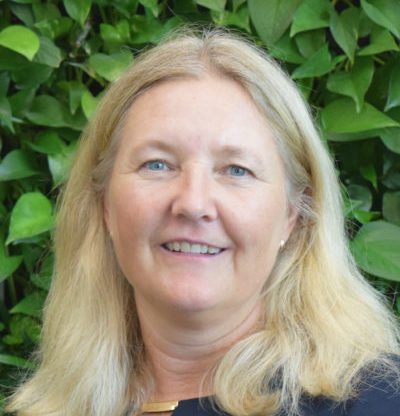
Ms Susanne Pedersen is the new director of the UNEP DTU Partnership. Prior to joining UDP, she had worked as the Assistant Director-General of the Global Green Growth Institute, Managing Director of Climate-KIC Nordic Aps. Susanne has 25+ years of professional experience from both international organizations, the innovation community, industry associations, and consulting engineering firms. She has also held board positions and international honorary posts in Korea, Switzerland, Belgium and Denmark within sustainability, climate and innovation. Furthermore, Susanne has experience with the internationalization and acquisition of companies, including setting up international daughter companies, establishing new functional and service areas, and managing large-scale teams and projects.
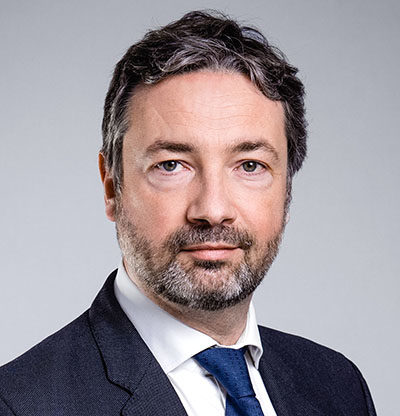
Arnaud Leroy is Graduate in International Law of the Sea and in the Protection of Marine Environment. He began his career in the European Parliament and was appointed, in 2001, Secretary General of the French Green delegation. In 2004, he joined the European Maritime Safety Agency where he was in charge of the protection of the marine environment. From 2012 to 2017, he was Member of Parliament of the French Living Abroad. Since March 2018, he is Chief Executive Director of the French Agency for Ecological Transition (ADEME).
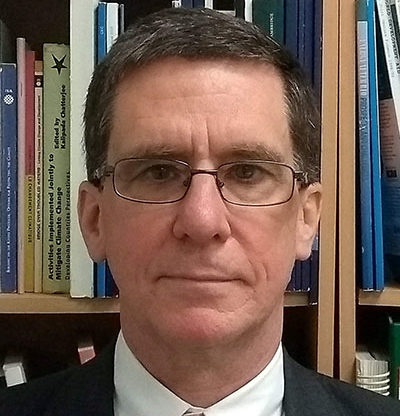
Mark Radka is the Acting Director of UNEP’s Economy Division. UNEP’s efforts to link the global energy and environment agendas focuses on helping countries reduce emission of greenhouse gases through broad cooperative efforts and supporting engagement by the financial industry in the sustainable energy sector. Mark has a special interest in the technology needs of developing countries and was a coordinating lead author of the IPCC’s Special Report on Methodological and Technological Issues in Technology Transfer. Before joining UNEP he worked on domestic and international environmental programmes with the U.S. Environmental Protection Agency and the World Bank, and was a U.S. Peace Corps volunteer in Thailand.
Mark received a Master of Public Policy degree in Environmental Policy from Harvard University’s Kennedy School of Government, a M.S. degree in Environmental Engineering from the University of California at Berkeley, and a S.B. in Civil Engineering from the Massachusetts Institute of Technology.
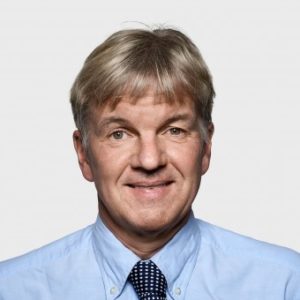
Sigurd Næss-Schmidt works as a partner at Copenhagen Economic and he helps clients by getting to the bottom of their economic or financial problems, focusing on the key issues and delivering results focused on that. Sigurd works primarily with our Energy & Climate and Finance & Tax services. He has extensive experience in financial market regulation, taxation and energy policies with a substantial international focus. Sigurd has worked for OECD in Paris and the EU Commission in Brussels and taught Economics at both Copenhagen University and Copenhagen Business School.
Key note speakers on 22 April
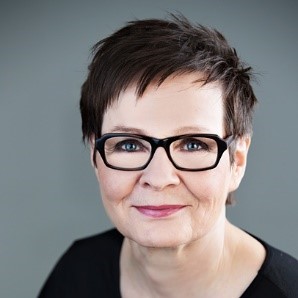
Irmeli Mikkonen works as a senior expert in the Energy Efficiency Unit at Motiva, Finland. Her expertise lies in behaviour change and consumer choices, and in development of energy competence of professionals. Her recent projects are related on social innovations in the energy field, energy experiments and pilots, and in competence development of professionals with special focus on behaviour change. She has worked on several European behaviour change and skills development projects as a member of the advisory board. She chairs the EnR Working Group on Energy-related Behaviour Change.
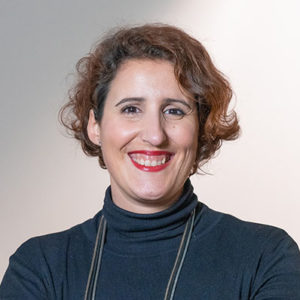
Her Excellency Inês dos Santos Costa was born in Lisbon in 1979.
She graduated in Environmental Engineering from Instituto Superior Técnico in 2002, completed his Master of Engineering Policy and Technology Management and Doctorate in Environmental Engineering, both at Instituto Superior Técnico, in 2005 and 2011 respectively.
Between 2002 and 2010, she developed research work at IN + Centre for Studies in Innovation, Technology and Development Policies, especially in the areas of corporate sustainability and industrial ecology. Within these areas, she has worked on environmental policies, waste management, eco parks and industrial symbiosis. She is the author and co-author of scientific articles, books and technical documents in the field of industrial ecology. In 2006, she was a guest researcher at the Center for Industrial Ecology at Yale University in the United States.
Since 2010, she has worked as a senior consultant at 3Drivers – Engenharia, Inovação e Ambiente, Lda., where she has developed sustainable resource management projects in various sectors, namely with managing entities of specific waste streams, energy sector, municipal councils, among others. She was a partner of the company between 2016 and october 2019.
She was aid to the Minister of the Environment and to the Minister of Environment and Energy Transition for the circular economy, in 2016 and 2018, respectively, during the 21st Constitutional Government.
Currently, she is Secretary of State for Environment.
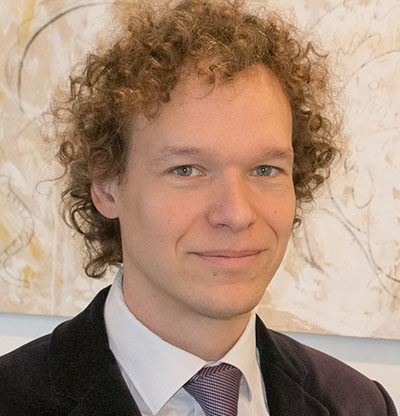
Mr. Karlis Goldstein is a Member of Cabinet with the Commissioner for Energy Ms Kadri Simson. He is responsible for energy end-use, including efficiency, and storage. Having gathered experience in EU level negotiations and policy in Brussels for over a decade, he has covered internal market, transport and energy affairs.
Prior to his current position, he worked in DG ENER on energy efficiency and was part of a national administration.

Jacob Ladenburg has a PhD in environmental and resource economics and is professor in economics at the Technical University of Denmark (DTU), Department of Technology, Management and Economics (DTU-MAN). Jacob has since 2003 conducted research focusing on consumer preferences and acceptance of renewable energy sources – in particular wind energy. He has published more than 15 scientific articles and 8 book chapters on the subject. Jacob’s research focuses on how preferences and acceptance of different technologies vary as a function of densities of existing renewable energy structures, casual differences in experience with renewable energy sources and the impact of age and intergenerational differences.
Key note speakers on 23 April

Stéphane Goutte has two PhDs, one in Mathematics and one in Economics. He is Full Professor at CEMOTEV, Université Paris-Saclay, France. He is adjunct professor at University of Calgary, Canada. He received his Habilitation for Supervising Scientific Research (HDR) in 2017 at University Paris Dauphine. He is an Editor of Energy Policy (JEPO), a Senior Editor of Finance Research Letters (FLR); an Associate Editor of International Review of Financial Analysis (IRFA) and Research in International Business and Finance (RIBAF); a Subject Editor of Journal of International Financial Markets, Institutions and Money (JIFMIM). His interests lie in the area of mathematical finance and econometric applied in energy or commodities. He has published more than 50 research papers in international review. He has also been a Guest Editor of various special issues of international peer-reviewed journals and Editor of many handbooks.
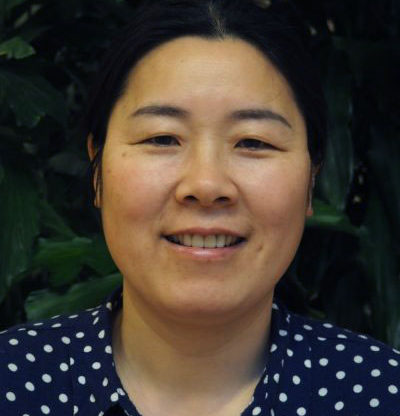
Dr. Xianli Zhu is a senior researcher at the Copenhagen Centre on Energy Efficiency, UNDP DTU Partnership). Her work focuses on analysing and designing enabling policies and programmes for energy efficiency improvement and climate change mitigation. Her work focus has shifted to energy efficiency since 2015. Xianli is a core member of the Organisation Committee and the Scientific Committee of the BEHAVE 2020-2021 conference. She leads the development of the conference proceedings and the preparation of the Energy Policy special issue based on papers and abstracts submitted to the conference. Xianli holds a PhD in economics and has been working at the UNEP DTU Partnership since 2006.
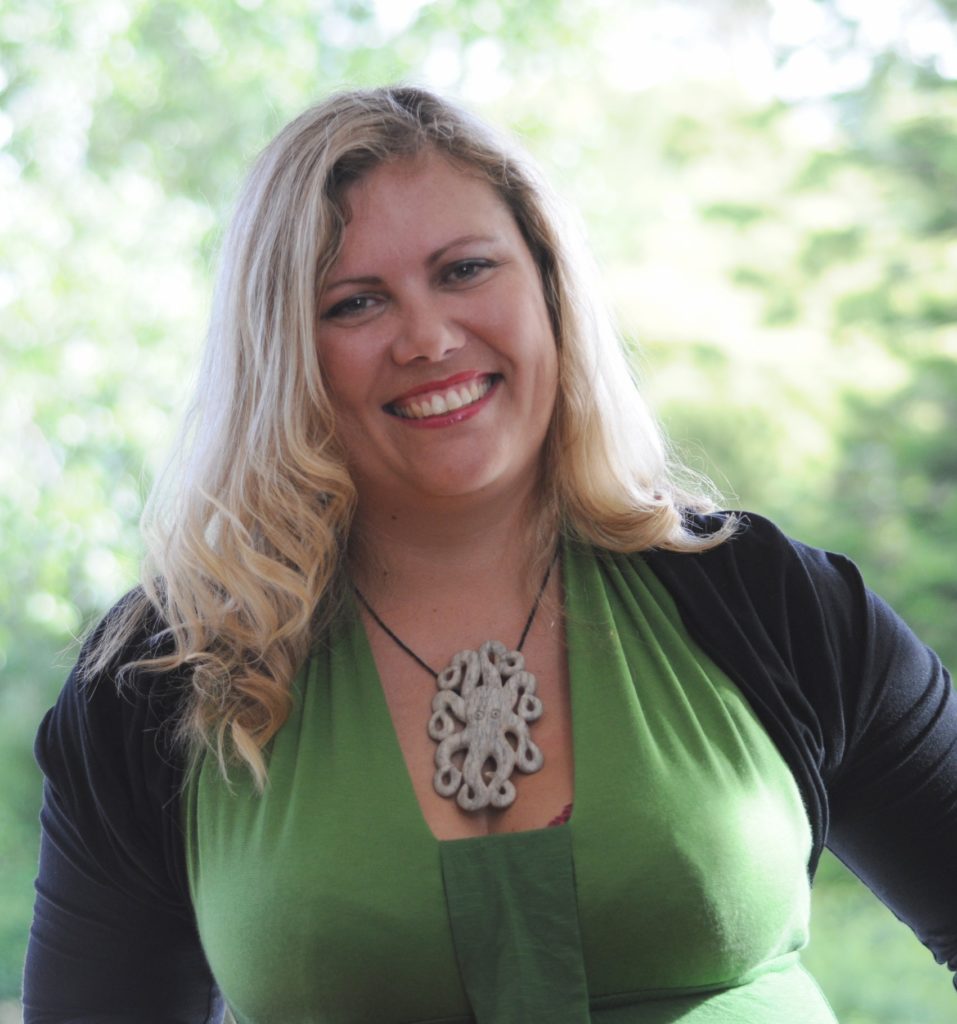
Dr. Sea Rotmann has a PhD in marine ecology and environmental studies, but has focused on sustainability implementation in policy, practice, and research, since 2005. In late 2011, she started her own consultancy called SEA – Sustainable Energy Advice Ltd, focusing on turning behaviour change theory into (global) best practice. She ran Task 24, the first global research collaboration on behaviour change in demand-side management (DSM) for the User-Centred Energy Systems (USERS) Technology Collaboration Programme (TCP) by the International Energy Agency (IEA) from 2012 to 2018. Since 2019, she has led a new research collaboration on hard-to-reach (HTR) energy users in the residential and commercial sectors for the Users TCP by IEA. She has researched and utilised storytelling and narratives in her work since 2010 and has developed a BEST (Behaviour, Energy and Sustainability Training) course for commercial energy managers with her research partners at the Californian See Change Institute. She lives on Wellington’s South Coast and has just bought 35ha of paradise in Mohua / Golden Bay, which she plans to turn into an eco-village and wildlife restoration project.

Irmeli Mikkonen works as a senior expert in the Energy Efficiency Unit at Motiva, Finland. Her expertise lies in behaviour change and consumer choices, and in development of energy competence of professionals. Her recent projects are related on social innovations in the energy field, energy experiments and pilots, and in competence development of professionals with special focus on behaviour change. She has worked on several European behaviour change and skills development projects as a member of the advisory board. She chairs the EnR Working Group on Energy-related Behaviour Change.
